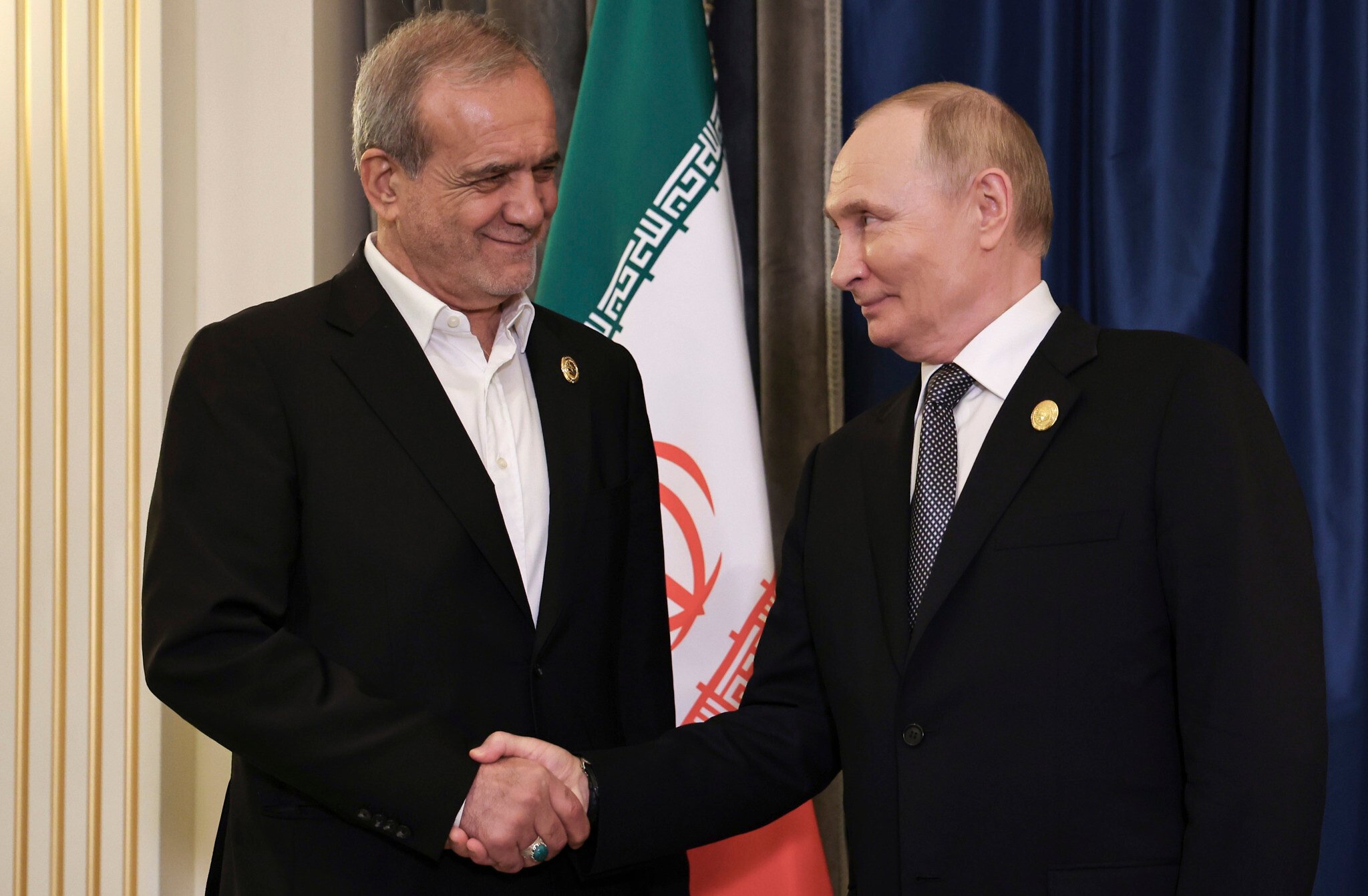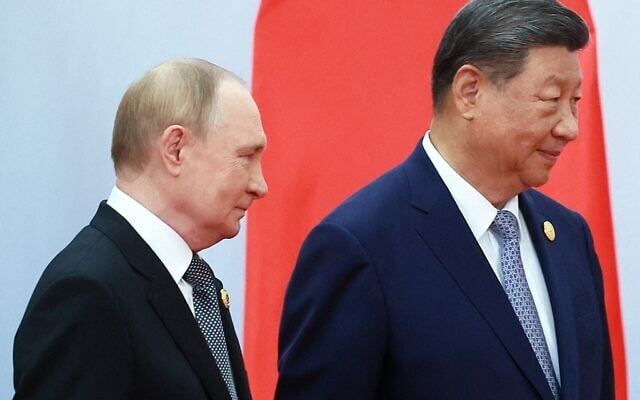



UN Security Council permanent members China and Russia backed Iran on Monday in rejecting a move by European countries to reimpose UN sanctions on Tehran that were loosened under the 2015 nuclear agreement.
A letter signed by the Chinese, Russian, and Iranian foreign ministers said the move by Britain, France, and Germany to automatically restore the sanctions under a so-called “snapback mechanism” was “legally and procedurally flawed.”
China, Russia, and the three European countries signed the 2015 nuclear deal with Iran, which lifted punishing sanctions on Tehran in exchange for curbs to the country’s nuclear program.
US President Donald Trump pulled the United States out of the agreement in 2018 and Iran steadily ramped enrichment back up, building up a large stockpile of near-weapons grade nuclear material.
On Thursday, the European countries, known as the E3, launched the mechanism to reimpose sanctions, accusing Iran of violating the deal, which had limited Iran to small amounts of nuclear material enriched to under 3.67 percent purity.
In a letter published by Iran’s Foreign Minister Abbas Araghchi on X on Monday, Moscow, Beijing, and Tehran said that the course taken by Britain, France, and Germany “abuses the authority and functions of the UN Security Council.”
“Our joint letter with my colleagues, the foreign ministers of China and Russia, signed in Tianjin, reflects the firm position that the European attempt to invoke snapback is legally baseless and politically destructive,” Araghchi said on X.
According to the UN’s International Atomic Energy Agency, Tehran has long-surpassed enrichment levels with any civilian application, creating enough material for eight to 10 nuclear weapons.
Iran long argued that it was justified in breaching enrichment guardrails as a consequence of Washington having pulled out of the 2015 agreement. The deal expires in October this year, and the snapback mechanism would allow sanctions that were lifted under it to take effect again.
Nonetheless, European representatives said they would drop the sanctions push if Iran addressed concerns regarding its nuclear program over the next month.
In July, “we offered Iran an extension to snapback, should Iran take specific steps to address our most immediate concerns,” Barbara Woodward, the British ambassador to the United Nations, said, alongside her German and French counterparts ahead of a closed-door Security Council meeting on the issue Friday.
“As of today, Iran has shown no indication that it is serious about meeting” E3’s requests, she said.
But triggering the snapback mechanism “does not mark the end of diplomacy. Our extension offer remains on the table,” Woodward added.
Iran and the European countries held talks aimed at a new nuclear agreement after Israel and the US bombed Iran’s nuclear installations in mid-June. But the E3 deemed that talks in Geneva last week did not yield sufficient signals of readiness for a new deal from Iran.

